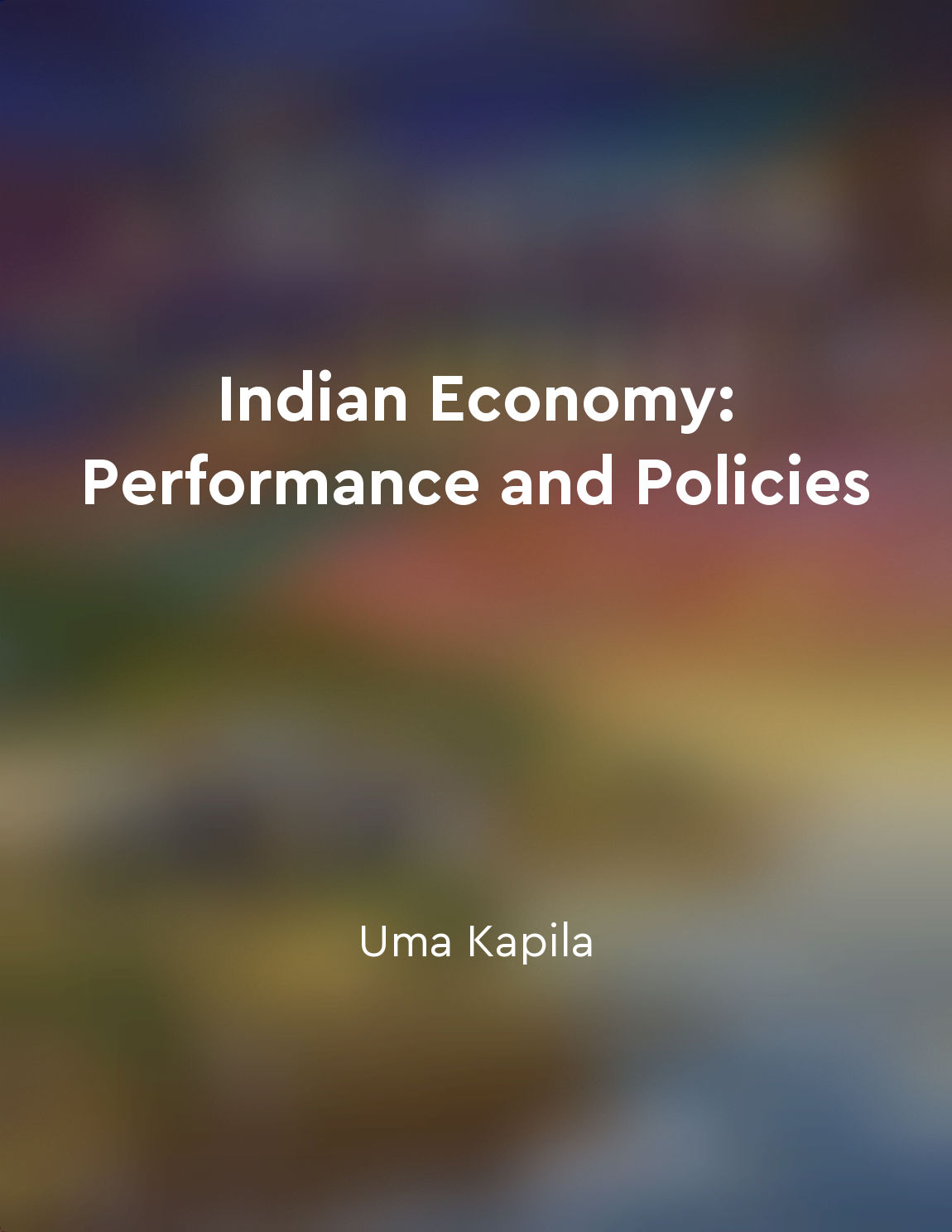Dr. Ambedkar's legacy continues to inspire discussions on social justice and equality from "summary" of Dr. Ambedkar’s Vision of India and Jammu & Kashmir by Aniruddha Rajput
Dr. Ambedkar's ideas and principles have stood the test of time and continue to be relevant in today's discussions on social justice and equality. His vision for a more inclusive and equitable society has paved the way for ongoing conversations on how to address the deep-rooted inequalities that exist in our communities. By advocating for the rights of marginalized groups and calling for systemic changes to promote fairness and justice, Dr. Ambedkar has left a lasting impact on the way we think about social issues. One of the key aspects of Dr. Ambedkar's legacy is his emphasis on the importance of education in empowering individuals and communities. He believed that education was the key to breaking the cycle of poverty and discrimination, and that by providing equal access to quality education, we could create a more just and equitable society. This idea continues to resonate with many people today, who see education as a powerful tool for promoting social mobility and leveling the playing field for all members of society. Furthermore, Dr. Ambedkar's commitment to challenging the caste system and fighting against discrimination based on birth is a central theme in discussions on social justice and equality. His efforts to create a more egalitarian society where every individual is treated with dignity and respect have inspired many to continue the fight for equal rights and opportunities for all. By shining a light on the injustices perpetuated by caste-based discrimination, Dr. Ambedkar has sparked important conversations about how to dismantle oppressive systems and create a more just and inclusive society. In addition, Dr. Ambedkar's advocacy for the rights of women and other marginalized groups has been instrumental in shaping discussions on social justice and equality. His recognition of the intersecting forms of oppression that many individuals face has encouraged a more inclusive approach to addressing social inequalities. By highlighting the importance of addressing issues such as gender inequality, religious discrimination, and economic disparities, Dr. Ambedkar's legacy continues to inspire efforts to promote a more just and equitable society for all.- Dr. Ambedkar's vision of a society based on principles of social justice, equality, and human rights continues to guide our conversations and actions towards creating a more inclusive and equitable world. His legacy serves as a reminder of the ongoing struggle for justice and equality, and inspires us to continue working towards a society where every individual is able to live a dignified and fulfilling life.
Similar Posts
Ambedkar's insights remain relevant in contemporary times
Dr. Ambedkar's profound insights into the Indian Constitution, law, and social justice continue to hold immense relevance in to...
The Constitution guarantees fundamental rights to all citizens
The Constitution of India ensures that all citizens are entitled to certain fundamental rights. These rights are considered ess...

Sustainable development climate change challenges
Sustainable development is a crucial concept in today's world as it emphasizes meeting the needs of the present without comprom...
Caste restricts mobility and perpetuates inequality
The caste system, as structured in society, operates to keep individuals in their assigned place. This rigidity limits movement...
The law should be a tool for promoting equality and empowering the marginalized
Dr. Ambedkar believed that the law should play a crucial role in advancing equality and empowering those who have historically ...
Legal institutions play a critical role in upholding democratic values
Legal institutions are the backbone of any democratic society, as they are responsible for interpreting and upholding the laws ...
The caste system in America is based on hierarchy and exclusion
In America, the caste system operates on a fundamental principle of hierarchy and exclusion. This system places individuals int...

